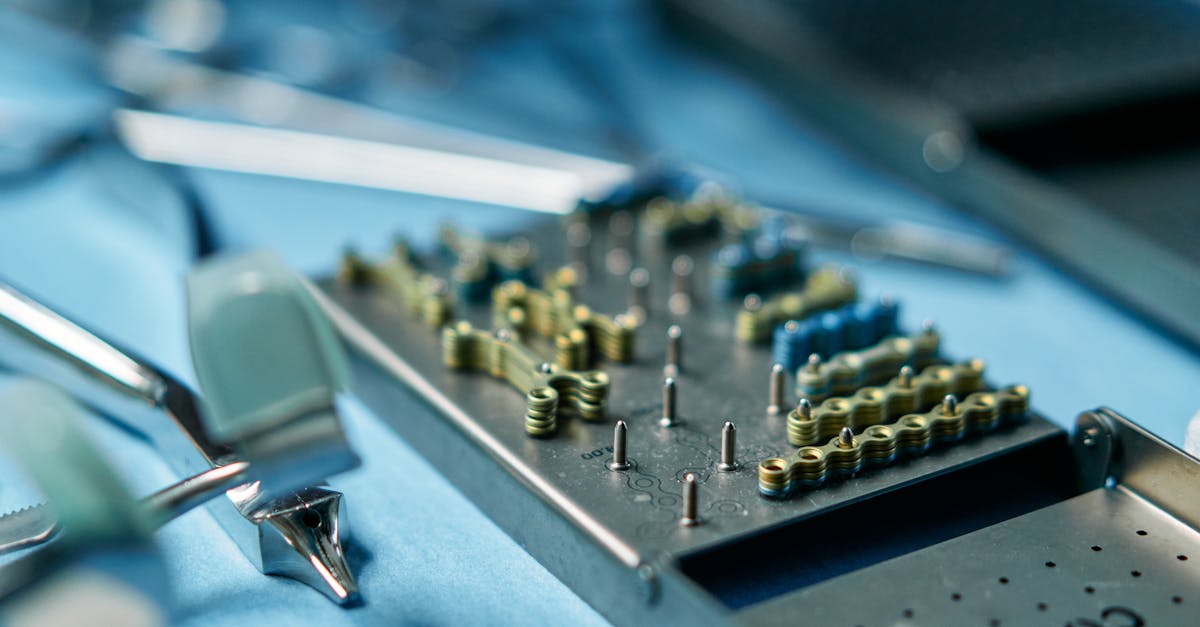
How Long After Extraction Can I Get An Implant
- October 09, 2024
- 3 min Read
- Views 950
Understanding Dental Implants: How Long After Extraction Can I Get an Implant?
If you've recently had a tooth extracted, you might be wondering when you can replace it with a dental implant. The timing can vary depending on several factors. In this article, we’ll explore the question: How long after extraction can I get an implant? and provide insights on variables that influence this timeline.
Factors Affecting the Timeline for Dental Implants
Several factors can affect the timing of when you can successfully get a dental implant after a tooth extraction. Understanding these can help you plan accordingly and set realistic expectations:
1. Healing of the Extraction Site: Generally, the extraction site needs to fully heal before an implant can be placed. This healing period allows the bone and gums to recover sufficiently to support an implant. Normally, the healing can take anywhere from a few weeks to several months.
2. Bone Density and Health: Bone health is pivotal in determining implant success. If the jawbone is not dense enough, a bone graft might be necessary, which further delays the timeline. A healthy and dense bone usually heals faster, making an ideal foundation for implants.
3. Presence of Infections: Any infection present at the extraction site must be fully cleared before proceeding with an implant. Infections could complicate or further delay the healing process.
4. Patient's Overall Health: Conditions such as diabetes, smoking, or other health issues can affect how long it takes for an extraction site to heal. Your dentist will need to consider these factors when planning your treatment.
Different Approaches to Timing Dental Implants
There are generally three different timeframes for placing dental implants after an extraction:
1. Immediate Implant Placement: This occurs right after tooth extraction, ideally within a few days. Immediate placement is only feasible if there’s no infection, and the bone is healthy.
2. Early Implant Placement: This method takes place approximately 4-8 weeks post-extraction. It allows some time for the soft tissue to heal while still capitalizing on the preserved alveolar bone volume.
3. Delayed Implant Placement: Often used when additional healing time is needed or when bone grafting is necessary, this can take place several months (3-6 months) after the extraction.
Guidelines for Preparing for a Dental Implant
Once you have a timeline in mind, preparing for the procedure can help ensure its success. Here are some steps to consider:
- Consult with a dental specialist to understand your specific situation and what timeline works best for you.
- Ensure any dental infection or complications are treated and cleared.
- If advised by your dentist, consider undergoing a bone graft to support the implant adequately.
- Adopt a healthy lifestyle, including quitting smoking, to promote optimal healing.
- Follow a balanced diet rich in vitamins and minerals to aid tissue recovery.
Frequently Asked Questions
1. Can I get a dental implant immediately after extraction? - In some cases, yes, but this depends heavily on bone health and the absence of infection or complications.
2. What if I have insufficient bone for a dental implant? - Your dentist might recommend a bone graft to build up the bone. This process can add several months to your treatment timeline.
3. How long does it take for a dental implant to heal completely? - Once the implant is placed, it typically takes about 3-6 months for the bone to fuse with the implant entirely.
Tags
#DentalImplants #ToothExtraction #OralHealth #DentalProcedure #ToothReplacement
References
People Also View
-
1October 03, 2024
-
2October 03, 2024
-
3October 03, 2024
-
4September 30, 2024
-
5October 13, 2024
Categories
- Near Me 2147 Posts
- How To 548 Posts
- Where To 257 Posts
- Why 90 Posts
- How Much 97 Posts
- Travel 202 Posts
- Food And Drink 815 Posts
- Shopping 797 Posts
- Lifestyle 1050 Posts
- Automotive 364 Posts
- Digital Income 70 Posts








